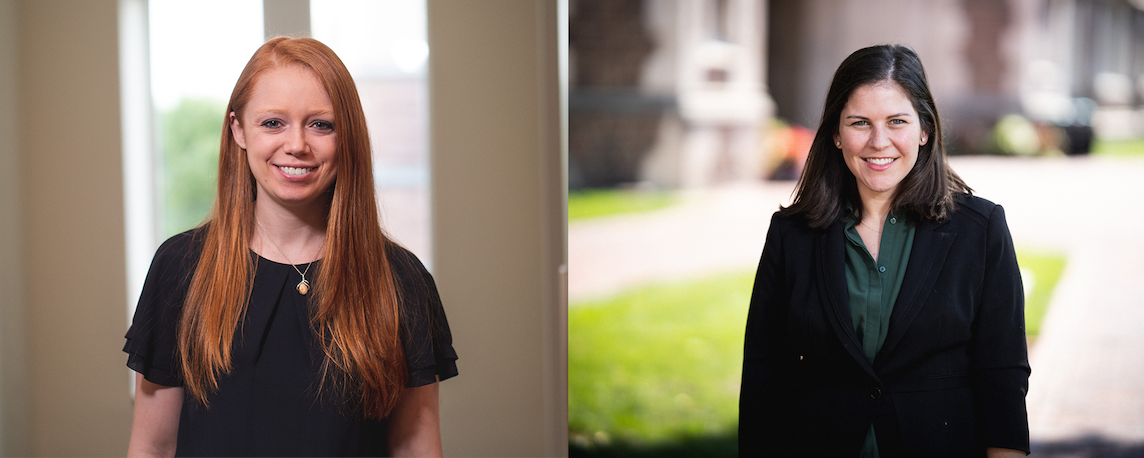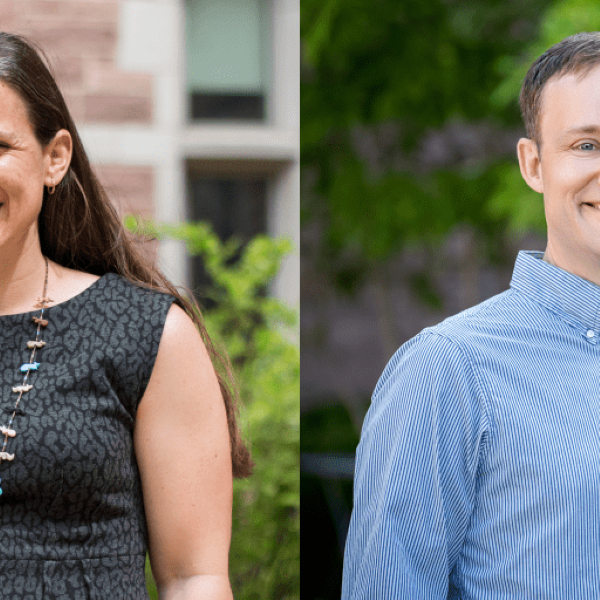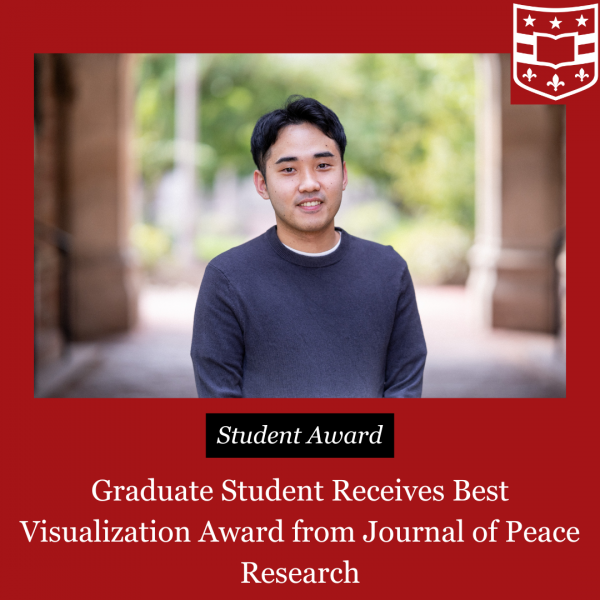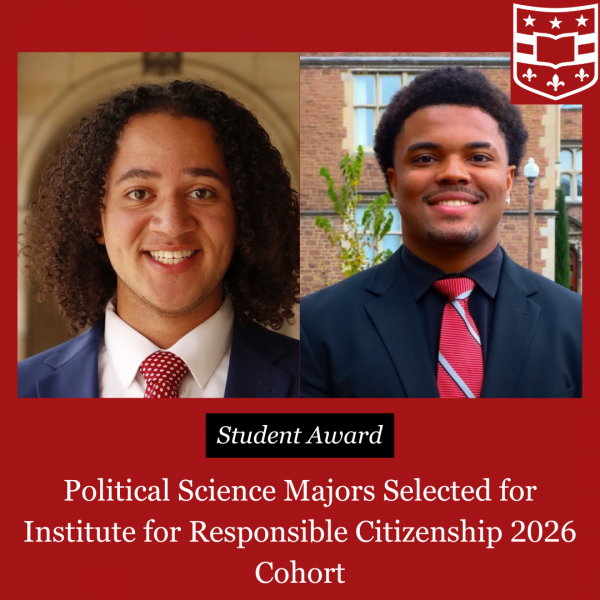Two WashU political scientists have won a $300,000 National Science Foundation grant to study the phenomenon of political radicalization — and how to undo it.

Taylor Carlson and Carly Wayne, both assistant professors of political science, have won a two-year National Science Foundation grant to support their project “Interpersonal Pathways to Radicalization and Deradicalization.” Carlson, a scholar focused on American politics, will bring expertise on political communication; Wayne, who specializes in international relations, will provide knowledge on conflict, terrorism, and radicalization.
The project will look at the factors that drive radicalization, building a dataset from social media posts by white nationalist leaders and their followers. The grant will allow them to train, hire, and mentor a team of undergraduate and graduate student researchers.
“Students will continue to develop the skills they learn in the classroom by applying them to real-world projects,” Carlson said. “We are grateful for the NSF’s support in helping us work with students from many different backgrounds.”
Student researchers will parse and analyze social media posts to build a machine learning algorithm. “We’re particularly interested in how these white nationalist leaders use emotional appeals to radicalize followers, and how that affects engagement,” Wayne said.
The other half of the project will employ a cutting-edge approach to examine how interpersonal communication can effectively de-radicalize the alt-right. Here, Carlson and Wayne have tapped Erin Rossiter, an assistant professor of political science at Notre Dame who completed her PhD at WashU, to be their co-PI.
The team will use innovative sampling strategies to recruit participants for discussion groups, targeting people who can be hard to reach in standard survey panels, Carlson said. “This project will be a unique opportunity to use our collective knowledge and experience to push boundaries in this area of political methodology,” she said.
Wayne hopes that their research could eventually inspire a course or de-radicalization workshops for social media companies. She’s also looking forward to collaborating on a project of this size with Carlson and Rossiter. “We are particularly excited to be on a grant of this kind with three women, all junior faculty, " she said. “I think that’s important.”



